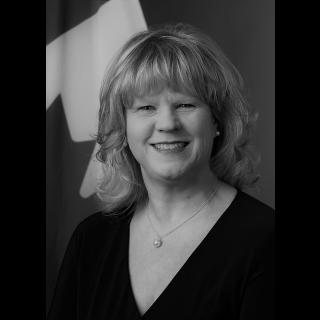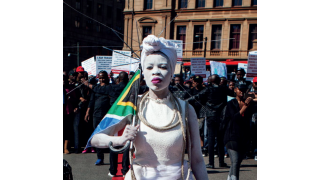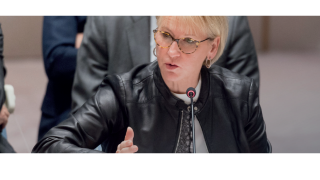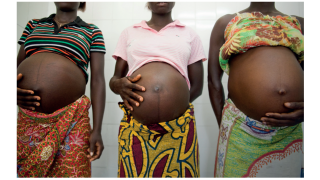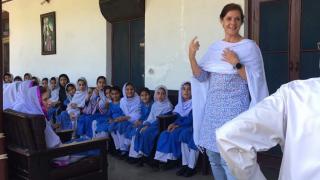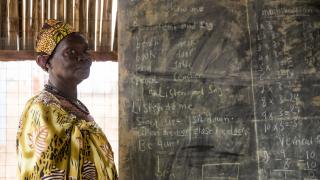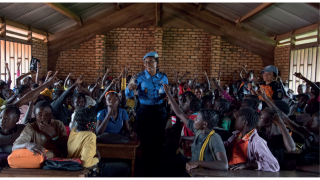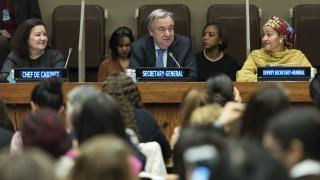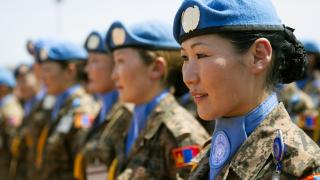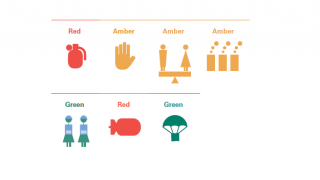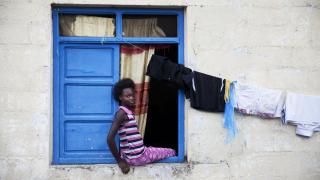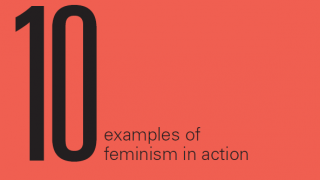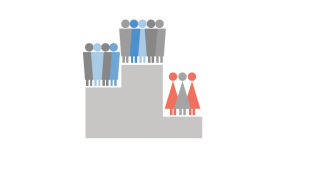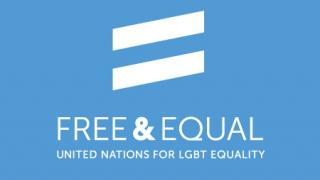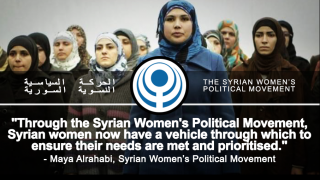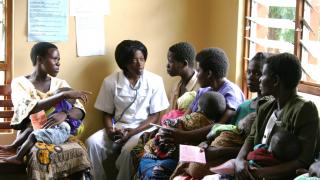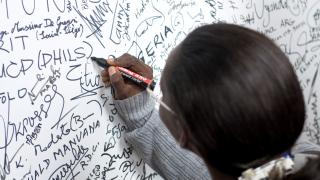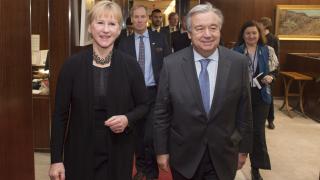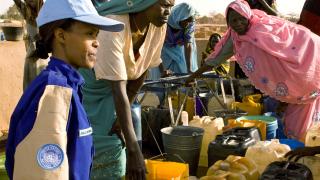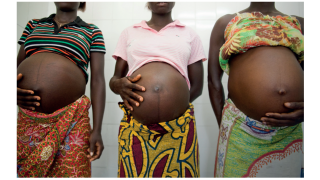
Canada’s Prime Minister, Justin Trudeau, frequently refers to himself as a feminist. Our Foreign Minister, Chrystia Freeland, has emphasised that feminism, and the rights of women and girls, are integral to Canadian foreign policy.
Earlier this year, Marie-Claude Bibeau, Minister for International Development, launched Canada’s new Feminist International Assistance Policy. And in September, Canada and the United Kingdom announced a new strategic partnership on gender equality.
Why has Canada made feminism a core part of our international engagement?
Canada recently undertook an enormous global review of our international assistance. We held hundreds of consultations, including here in the United Kingdom, and asked the question “where – and how – can we make the biggest difference?” The message heard loudly from around the globe was crystal clear: women and girls.
It’s simple – when you leave half your population behind, everyone loses.
The statistics tell the story. Around 830 women and girls die each day from complications related to pregnancy and childbirth. Nearly two-thirds of them – some 500 – are in humanitarian and fragile settings. Each year, worldwide, 15 million girls under the age of 18 are married, and an estimated 131 million girls remain out of school.
Canada believes that creating real change on a global scale begins with empowering women and girls. This includes providing education, skills training, and ensuring women and girls have access to resources and control over their own bodies. Key to Canada’s feminist policy is our $650 million CAD commitment to support sexual and reproductive health and rights.
Canada is also prioritising gender equality in our international diplomatic efforts. This includes leading on UN resolutions to end gender-based violence and child, early and forced marriage; ensuring women have a voice in peace processes; and advocating for the inclusion of gender considerations in our trade agreements.
These are just a few examples of how Canada is putting feminism at the heart of our foreign policy. I am proud to belong to a growing cohort of women being appointed to senior diplomatic positions around the world. Prime Minister Trudeau’s cabinet is gender balanced, and our civil service is recognised for its leadership in ensuring that women take their place at the highest levels of government policy-making.
There is, as always, more to be done, but we have taken demonstrable steps along our new path to break the cycle of poverty for all and build a more inclusive world. A world in which no one – regardless of gender – is left behind.
Photo: Maternal health is one of Canada’s priorities. According to the World Health Organization, 99% of maternal deaths occur in developing countries. © UN Photo/Hien Macline

